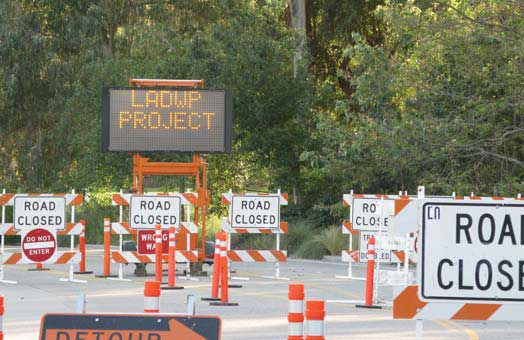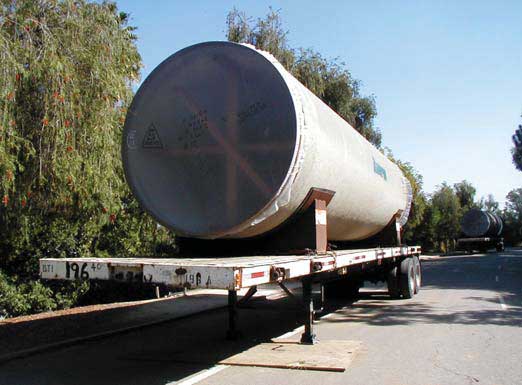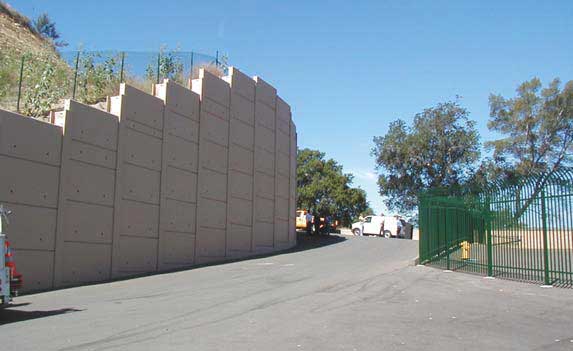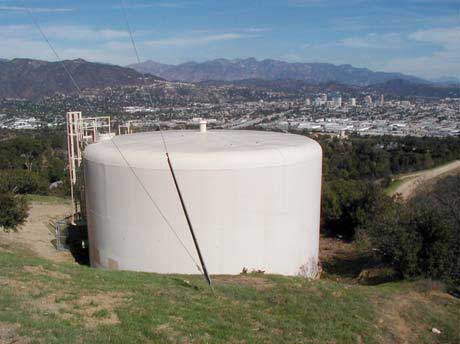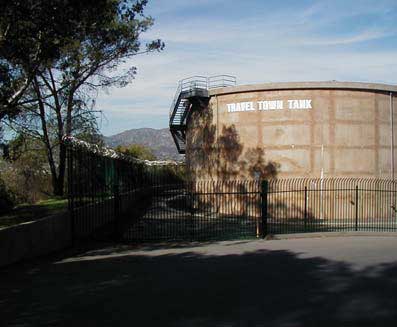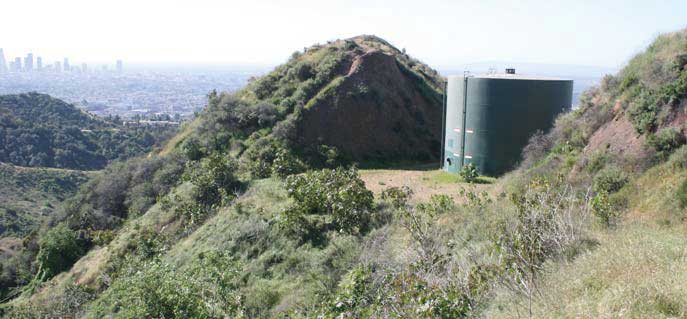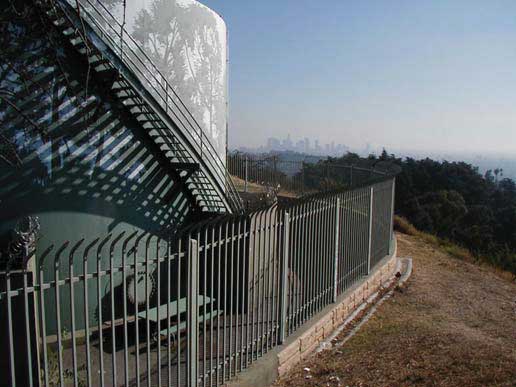L.A.’s 2011-2012 budget requires parks to subsidize the DWP and pay $16 million for its services
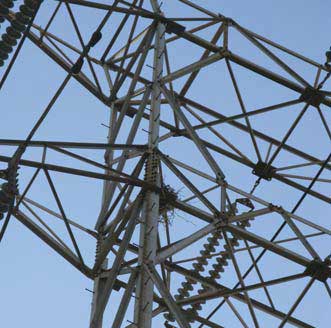
Historically, our municipal parks have provided free placements for facilities essential to LADWP operations. Obvious to the eye are electrical relay towers, emergency reservoirs and water tanks. Less visible are giant underground conduits that transmit water to a thirsty Los Angeles. No one has computed the amount of recreational acreage lost in the process, but one figure is clear: the DWP pays Rec and Parks nothing for the privilege. Nevertheless, under the rubric of “cost-recovery,” the City is asking parks to pay $16 million for the utilities they use and their properties help deliver. Is it fair to ask the parks to simultaneously subsidize and pay the DWP?
L.A. City Charter Section 593 requires the appropriation to Recreation and Parks of an amount not less than 0.0325% assessed value of all property assessed for city taxes. This appropriation and any additional monies the Mayor and City Council may elect to provide are to be used only for the financial support of the department. While the City’s General Fund is not obligated to pay for Rec and Parks operating expenses such as utilities, it has done so for decades.
We presume this is out of sense of fairness. After all, our municipal parks support the DWP by providing the utility with land upon and underneath which it erects permanent structures that deliver its products to its paying customers. These customers are the people of Los Angeles who own the parkland, but who collect nothing from the DWP for its use.
This is a recent phenomenon. In a switch from established precedent, the 2010-2011 City Budget forced the Recreation and Parks Department to pay for water and power at its more than 400 properties. The 2011-2012 City Budget does the same, this time kicking a hole in the parks’ operating budget to the tune of $16 million.
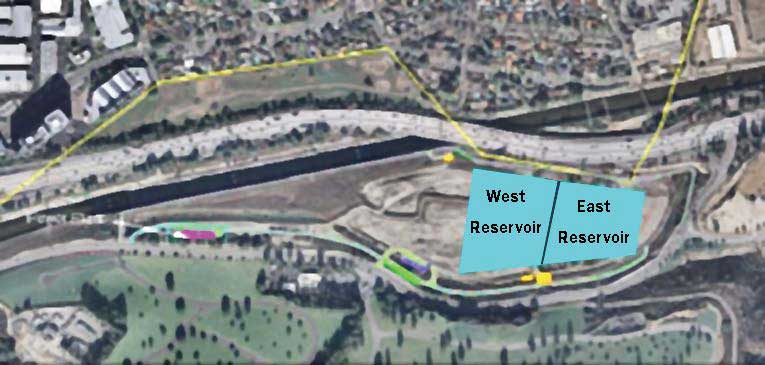
This one-way cost recovery plan is patently unfair: the DWP is not being asked to pay lease market rates (franchise fees) to Recreation and Parks to occupy its lands and will continue to use them free for the transfer, storage and delivery of water and power. Right now in Griffith Park a substantial portion of the 44- acres of dedicated parkland referred to as the “Headworks” is being excavated and reshaped to house the new emergency water storage facility for Northeast L.A. that will replace Silver Lake reservoir. Currently the DWP is excavating Griffith Park to a fifty-foot depth to replace the 8-foot diameter River Supply Conduit pipes running its length which bring water to city areas south of the park. Over time, DWP water tanks have been placed in the park – today there are some 18 throughout, both active and decomissioned. And for almost a century electrical relay towers too numerous to count have crossed Griffith Park delivering power from the valley to the basin.
Cost-recovery should be a two-way street. Either the parks should charge franchise fees to the DWP for its tenancy, or the DWP should return to its previous practice of providing parks with free water and power. Friends of Griffith Park will continue to advocate for this. If you would like to help restore $16 million to this year’s parks budget, send an e-mail message or letter to your City Councilmember and Mayor Villaraigosa and copy it to Jon Kirk Mukri, General Manager of the Department of Recreation and Parks. Find their postal and e-mail addresses on the “Contact” page at friendsofgriffithpark.org.
